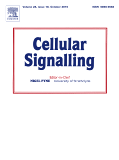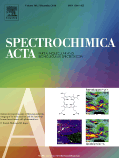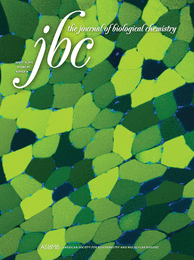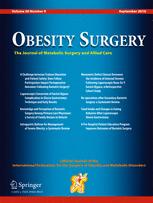
By all accounts, science is facing a crisis: Too many preclinical studies aren’t reproducible, leading to wasted time and effort by researchers around the world. Today in Cell Metabolism, Daniel Drucker at the Lunenfeld-Tanenbaum Research Institute of Mount Sinai Hospital in Toronto details numerous ways to make this early research more robust. His most important advice: more transparent reporting of all results (not just the positive findings), along with quantifying, reporting, tracking, and rewarding reproducibility, for both scientists and journals and universities/research institutes.
Retraction Watch: Which of your recommendations will researchers most object to, and why? Continue reading How can we improve preclinical research? Advice from a diabetes researcher





 With retraction notices
With retraction notices 

